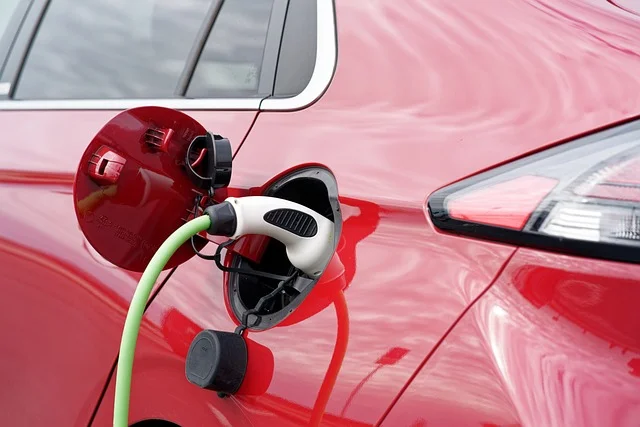
The US Department of Energy (DoE) has closed a $362m loan to CelLink to support the construction of a domestic production facility that will manufacture components critical for electric vehicle (EV) assembly.
Located in Georgetown, Texas, the plant will produce advanced flexible circuit wiring harnesses, designed to be lighter and more efficient. The harnesses comprise wire sets and associated equipment, facilitating the transmission of information and electricity within vehicles.
Upon reaching full operational capacity, the facility is estimated to generate sufficient quantity of wiring harnesses to sustain the production of around 2.7 million EVs annually.
Besides, the EV supply chain components production plant is expected to create 165 construction jobs and over 1,200 permanent employment opportunities.
Furthermore, the new Texas facility, once completed, is projected to have the potential to operate up to 25 manufacturing lines.
US Secretary of Energy Jennifer Granholm said: “EV sales have quadrupled since President Biden took office, reaching historic levels just last year and projected to hit new records for 2024, underscoring why it’s essential for the United States to harness manufacturing of all the key EV components.
“America will take the lead on building the guts of the vehicle of the future, advancing new technology to improve EV efficiency and build up the next generation auto workforce—all thanks to the President’s Investing in America agenda.”
Dubbed flex harnesses, CelLink’s domestically produced circuit wiring harnesses are lighter, smaller, and quicker to produce. These are said to be less expensive than conventional wiring harnesses.
According to the US DoE, the flat design of CelLink’s flex harnesses will help in the reduction of vehicle weight.
It will also offer better heat dissipation for enhanced propulsion system efficiency and lower the costs related to vehicle manufacturing.
Earlier this year, the Biden-Harris Administration earmarked $46.5m to enhance EV charging infrastructure across 16 states and Washington, D.C.
